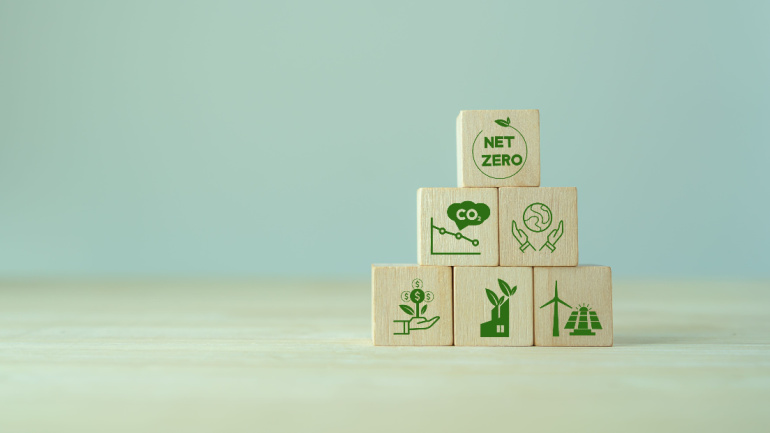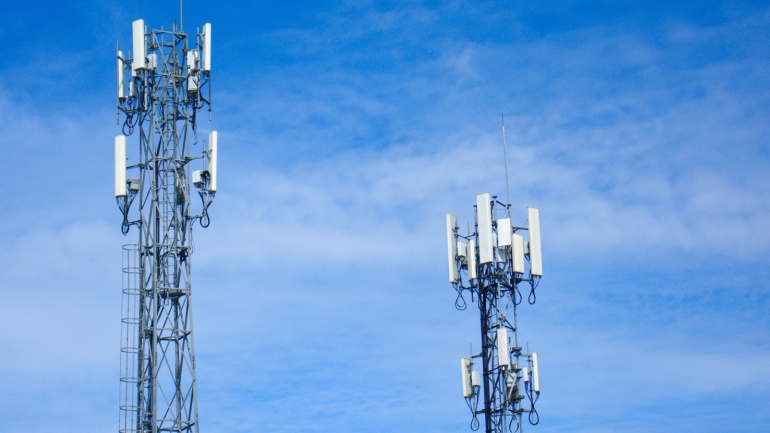Setting its sights on combating climate change, NTT DoCoMo, the leading telecommunications company in Japan, announced daring initiatives targeting a significant reduction in its scope 3 emissions. This term refers to the carbon output of the supply chain, which makes up approximately 80% of the company’s total greenhouse gas emissions.
Scope 3 emissions have always been the toughest to tackle. They involve emissions not produced directly by the company, unlike scope 1 and 2 emissions that originate from direct emissions and energy usage. This necessitates challenging conversations with suppliers. But this hasn’t deterred DoCoMo from charting a forward-thinking eco-conscious course.
In 2021, DoCoMo pledged to achieve net zero for its scope 1 and 2 emissions by 2030, a task that will involve tapping into renewable energy, either directly or via off-site power purchase agreements (PPAs). This is part of the strategic plan to become fully green-powered in all its offices by next March. Additionally, the telecom giant has begun implementing power-saving devices across its network to pare down energy consumption.
Looking into the future, DoCoMo is laying down plans to make its supply chain eco-friendly by 2040. In an official statement, the company shared insights about its novel initiatives. “We aim to convert all DoCoMo Shops to green power by fiscal 2030 while prioritizing the acquisition of environmentally friendly products, especially telecommunications equipment, among other items,” the statement read.
DoCoMo is already pioneering the ‘Caboneu’ ecosystem that offers visualization of customers’ carbon emissions. The telecom behemoth is now focusing on devising CO2MOS, a tool for suppliers to visualize their carbon emissions. The company will also offer green consultancy services and Nexcenter, which promotes the use of liquid-cooled equipment in super-energy-saving data centers.
The Japanese government applauds these efforts, having set ambitious targets of reducing the country’s greenhouse emissions by 46 percent by 2030. Notably, DoCoMo’s competitors have also set similar goals, though they are comparatively less aggressive. For instance, KDDI aims for net zero business activities by 2030, and for its entire enterprise by 2050. Likewise, Softbank intends to address scope 1 and 2 emissions by 2030, but has targeted 2050 for scope 3.
A critical aspect of achieving these laudable goals involves accurate measurement and reporting of carbon emissions. In line with this, BT, a UK telecom company, partnered with software giant SAP in September to pilot its Sustainability Data Exchange (SDX), designed to facilitate the collection, tracing, and sharing of scope 3 data.
Forecasts by IDC predict that by 2024, around 75% of large organizations will employ some form of dedicated ESG data management and reporting software. This move toward data-supported emission goals could play a significant role in repairing the corporate ESG’s reputation, which has been badly dented by critical reports about the questionable value of carbon offsets.







